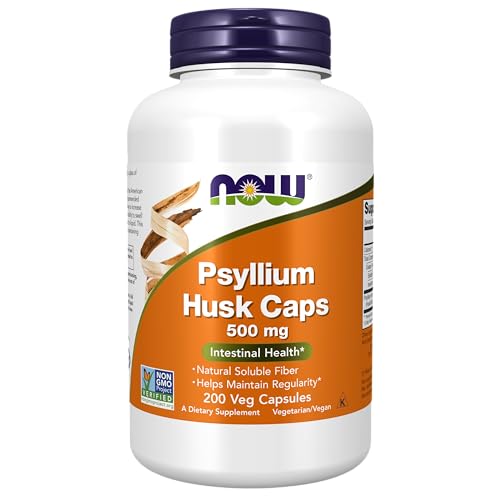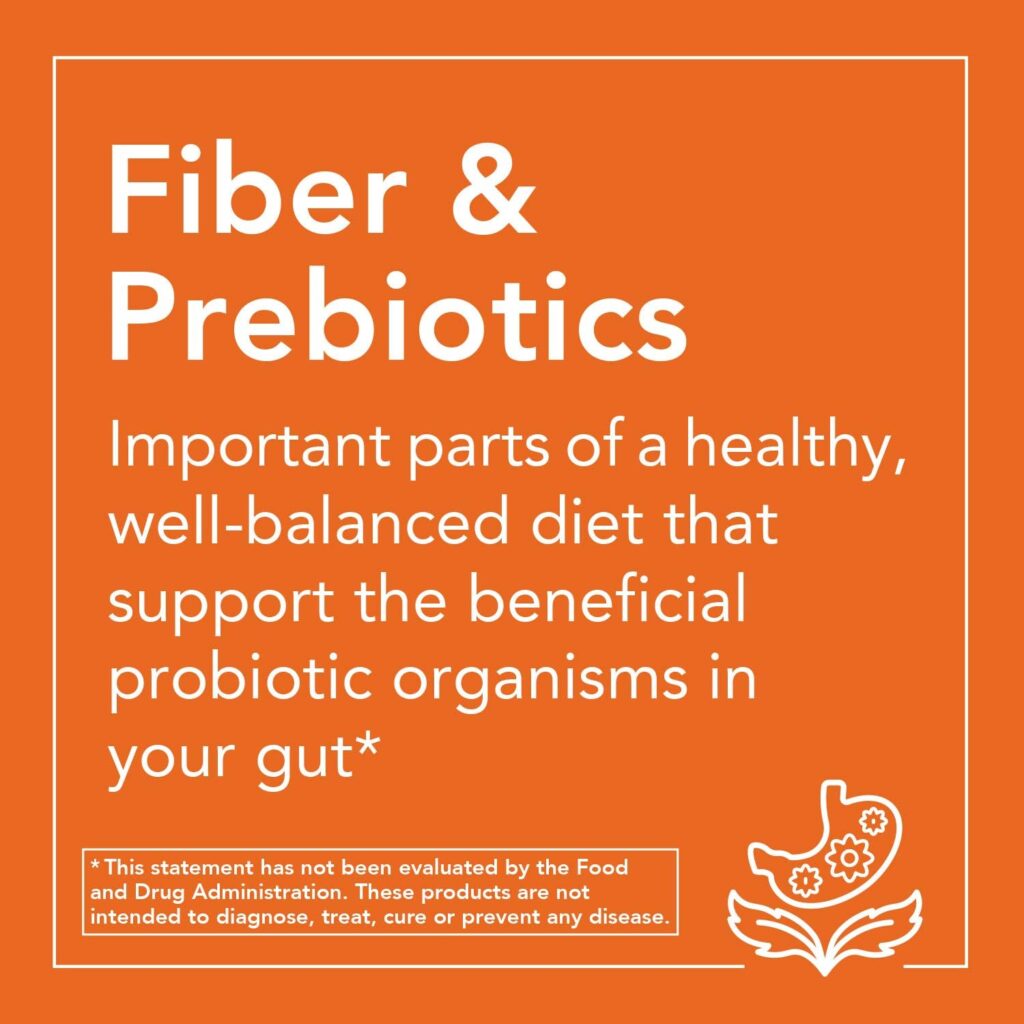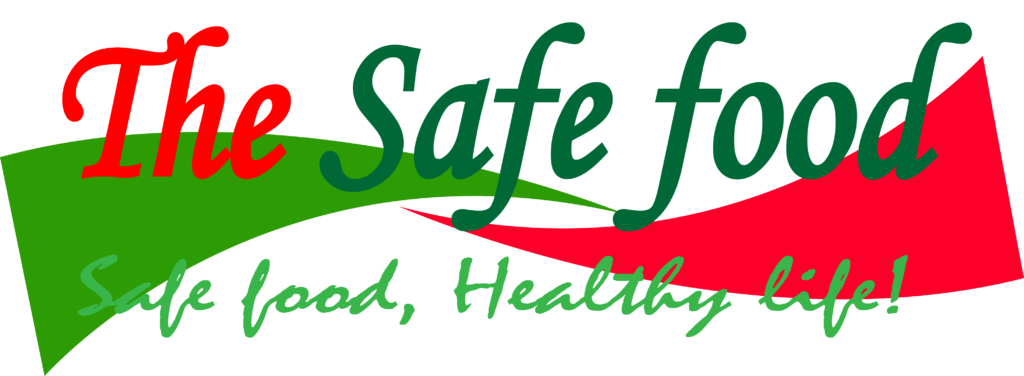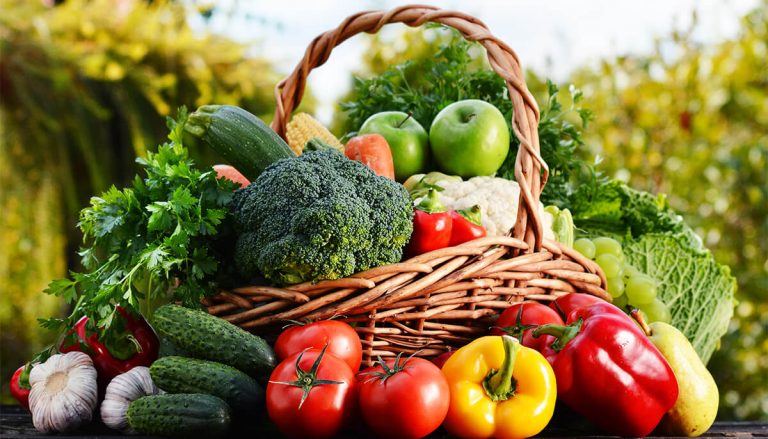Nutraceuticals are food-derived products that have health-promoting and disease-preventing properties beyond their basic nutritional value. They are derived from natural food sources and can include vitamins, minerals, herbs, amino acids, and other food-based ingredients.
Nutraceuticals can be found in a variety of forms, such as tablets, capsules, powders, and functional foods and drinks. The term nutraceuticals was coined in the late 20th century, to describe the growing use of food ingredients with medicinal properties.

Buy NOW Supplements, Psyllium Husk Caps 500 mg, Non-GMO Project Verified, Natural Soluble Fiber, Intestinal Health*, 200 Veg Capsules from Amazon:
Click here to go to Amazon, https://amzn.to/3vt870B

Some examples of nutraceuticals include:
- Omega-3 fatty acids found in fish oil, which have anti-inflammatory properties and may help to reduce the risk of heart disease.
- Antioxidants such as vitamin C and E, found in fruits and vegetables, which may help to reduce the risk of cancer and other chronic diseases.
- Probiotics, which are live microorganisms found in fermented foods, that may help to improve gut health and boost the immune system.
- Fiber-rich foods, which may help to lower cholesterol and blood sugar levels and promote healthy digestion.
- Coenzyme Q10 – Read more about it here!
Food safety knowledge is for all!

Every consumer deserves to have high quality and safe food. …Read more!

It is important to note that nutraceuticals are not intended to replace traditional pharmaceuticals, but are seen as a complementary approach to maintaining good health and preventing diseases.
However, there is no FDA’s regulations for nutraceuticals, so it’s important to be cautious and consult a healthcare professional before taking any nutraceutical products.


Buy NOW Supplements, Psyllium Husk Caps 500 mg, Non-GMO Project Verified, Natural Soluble Fiber, Intestinal Health*, 200 Veg Capsules from Amazon:
Click here to go to Amazon, https://amzn.to/3vt870B

Methods of producing nutraceuticals
There are several methods of producing nutraceuticals, including:
- Extraction: This method involves the use of solvents or other techniques to extract active compounds from natural food sources. This process can be used to produce nutraceuticals such as omega-3 fatty acids from fish oil, or curcumin from turmeric.
- Fermentation: This method involves the use of microorganisms to convert natural food sources into nutraceuticals. For example, probiotics are produced through fermentation of milk or other food sources.
- Isolation: This method involves the separation of active compounds from natural food sources through physical or chemical means. For example, lycopene can be isolated from tomatoes using chromatography.
- Synthesis: This method involves the use of chemical or biological methods to produce nutraceuticals from natural or synthetic precursors. For example, Vitamin E can be synthesized from vegetable oil.
- Biotechnology: This method involves the use of genetic engineering and other biotechnology techniques to produce nutraceuticals in microorganisms or plants, examples are the production of b-carotene in algae.
It is important to note that all methods should comply with the relevant regulations and guidelines for food and food-based products, and should be validated for safety, efficacy and quality.
Our Blog ↗
Read the latest from our blog
Ask a Question ↗
Ask a question and get answers from our community
Give Feedback ↗
We value your feedback.

Buy NOW Supplements, Psyllium Husk Caps 500 mg, Non-GMO Project Verified, Natural Soluble Fiber, Intestinal Health*, 200 Veg Capsules from Amazon:
Click here to go to Amazon, https://amzn.to/3vt870B


